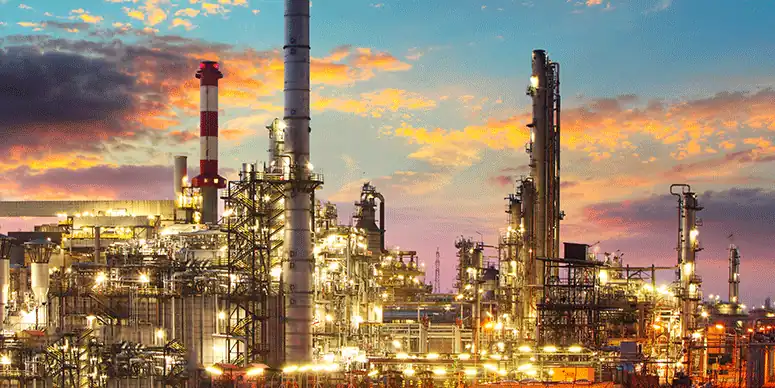In the petroleum refining process, Fluid Catalytic Cracking (FCC) units are a core element, but they also generate large amounts of sulfur-containing flue gas. How can sulfur compounds in flue gas be efficiently and economically removed to meet increasingly stringent environmental requirements? Magnesium oxide (MgO), as a key component of the next generation of sulfur transfer additives, is standing out due to its unique advantages. Messi Biology, focused on the research and production of high-quality magnesium oxide, has demonstrated excellent performance in the field of sulfur transfer additives, becoming a reliable partner for refinery environmental upgrades.

Magnesium Oxide: A “Chemical Catcher” for Sulfur Transfer
The core principle of sulfur transfer additives is that in the regenerator of the FCC unit, magnesium oxide chemically reacts with sulfur oxides (SOx) in the flue gas, producing stable magnesium sulfate (MgSO₄). Subsequently, in the reactor environment, magnesium sulfate is reduced and releases hydrogen sulfide (H₂S), which is then processed in the downstream sulfur recovery unit. Magnesium oxide plays the role of an efficient “catcher” and “carrier” in this process.
Magnesium Oxide: The Foundation of Superior Performance
Messi Biology deeply understands the demanding performance requirements for magnesium oxide in sulfur transfer additives. Their products possess significant advantages:
- Exceptional Purity, Enhanced Efficiency: “Messi” magnesium oxide is refined using advanced processes, resulting in extremely high purity (MgO content > 98.5%) and very low impurity content. This means that each unit of mass of magnesium oxide can adsorb and convert more sulfur oxides, significantly improving sulfur transfer efficiency, reducing additive dosage, and lowering overall costs.
- High Activity, Rapid Reaction: The product has excellent specific surface area (>100m²/g) and a special pore structure, providing a broad contact surface and rapid reaction channels for SOx gas. This ensures that the sulfur transfer reaction is complete and efficient within the limited high-temperature residence time in the regenerator.
- Structural Stability, Long Service Life: “Messi” magnesium oxide exhibits excellent structural stability in high-temperature regeneration and steam environments. Its strong resistance to sintering effectively slows down particle agglomeration and pore collapse caused by high temperatures, maintaining high activity for a long time. This extends the life of the additive and reduces the costs and operational burden associated with frequent replacements.
- Uniform Particles, Smooth Fluidization: Strictly controlled particle size distribution ensures good matching with FCC catalyst particles, ensuring uniform fluidization in the unit. This avoids channeling or loss, and ensures stable and reliable sulfur transfer effects.
Choose Messi, Choose a Green and Efficient Future
Messi Biology, with its in-depth expertise in magnesium oxide technology, provides refining companies with high-performance magnesium oxide solutions specifically for sulfur transfer additives. Choosing “Messi” means choosing higher sulfur transfer efficiency, lower overall operating costs, longer additive service life, and more reliable environmental compliance assurance.
Let every gram of magnesium oxide perform to its maximum potential, help refineries achieve cleaner production, and protect our blue skies and clear waters! Messi Biology – Your trusted partner for high-end magnesium oxide!
